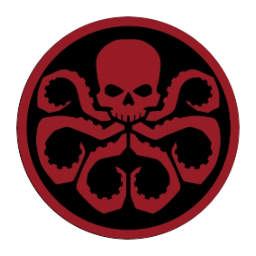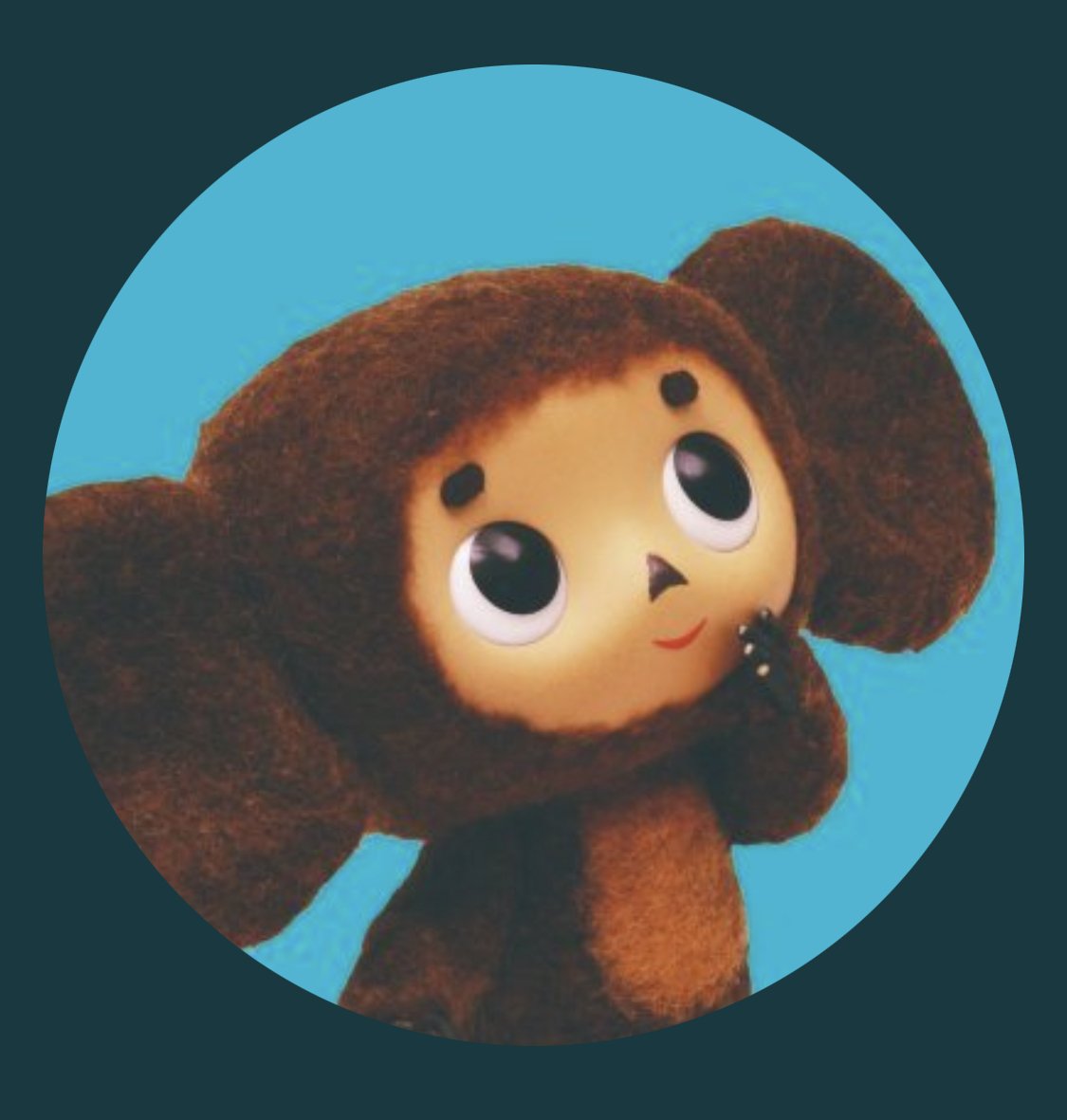Is one a sub group of the other? Does either term include toddlers?
I’m having this discussion with someone and we both thought the opposite from eachother and we were quite sure our way of thinking was the common understanding.
They are vague terms used in different ways in different contexts. Infant is generally on the younger end closer to birth and baby stretched out up to multiple years by some usage.
Newborn > infant > toddler with the option to call them a baby during all three. A child around a year old might be called an infant, baby, or even toddler.
Then don’t use baby again until they are in a relationship :P
That last got me, but you mixed > and <.
I used > as a directional arrow, not greater than as it wasn’t a comparison.
Although newborns are the best.
The definition I’ve heard the most is: newborn (0-3 mo.), infant (3-12ish mo, toddler (from the time they start walking to between about 2-3 years). Technically, any of them could be considered a baby.
“Toddler” describes the action of toddling, or walking in an uncoordinated way.
Baby doesn’t even have an age limit. A lot of my coworkers are HUGE babies if they don’t get their way.
This is the correct answer. At some point paediatricians and other folks interested in child development standardised the meaning of infant as above but unless you’re a paediatrician they are completely interchangeable.
Not to me. Infants are much younger than babies in my view
That toddler really threw me off. So my five year olds are not toddlers, just kids?
They generally stop being toddlers when they come out of nappies, and can walk properly.
A 5 year old is over 25% of the way to being an adult!
Yes five is just a kid, no longer a toddler.
Depends how bad at walking they are…
They are quite athletic. So I guess the toddler term is wrong. I always thought it meant kindergarten kids.
Removed by mod
Often the French word ends up having more fancy, haughty, or high-class connotation and the the Anglo Saxon word ends up having more of a working person’s connotation, since the Normans were the rulers of England and the Anglo Saxons their subjects. One popular example is that words like “Chicken”, “Cow”, “Sheep”, “Pig” are the word for the animal, whereas the French “Beef”, “Poultry”, “Mutton”, “Pork” are the words for their meat because the English were the farmers raising the animals but the French overlords were the ones eating their meat.
But because the words have been there for so long they’ve drifted into slightly different meanings, allowing more subtle communication.
-
Blossom: the petals of a flower
-
Flower: the whole flower (petals, stamen, stem, leaves)
-
Fowl: birds you can eat, including alive in the wild
-
Poultry: chicken, as farm animals, meat, or eggs
Removed by mod
-
Yeah I think this is the difference. I don’t have a strong second language so I think of infants being only the earliest stage of life. They speak some french where enfant is older than a bébé.
Baby can be older than an infant but also includes infancy.
Baby isn’t a medical term for treatment purposes.
Then why did my doctor write “Patient is being a baby” in my chart?
I think a child up until about 18mos is a baby. A new born is an infant.
A baby is a baby until they’re a toddler. An infant is a brand new baby.
i don’t know the specifics, but i feel they’re just synonyms and they share the same age range they’d represent. in terms of subgroup, id say infant is a subgroup of child based on what i hear and say. Like i wouldn’t say i have an infant baby id just say baby. Or i don’t have a baby child, i have an infant child. 🤷♂️
There’s not a specific difference in most cases. But generally infant can be used outside of humans whereas baby is specifically a human child. And in some professional and scientific jargon infant is used to describe a specific phase of life.







